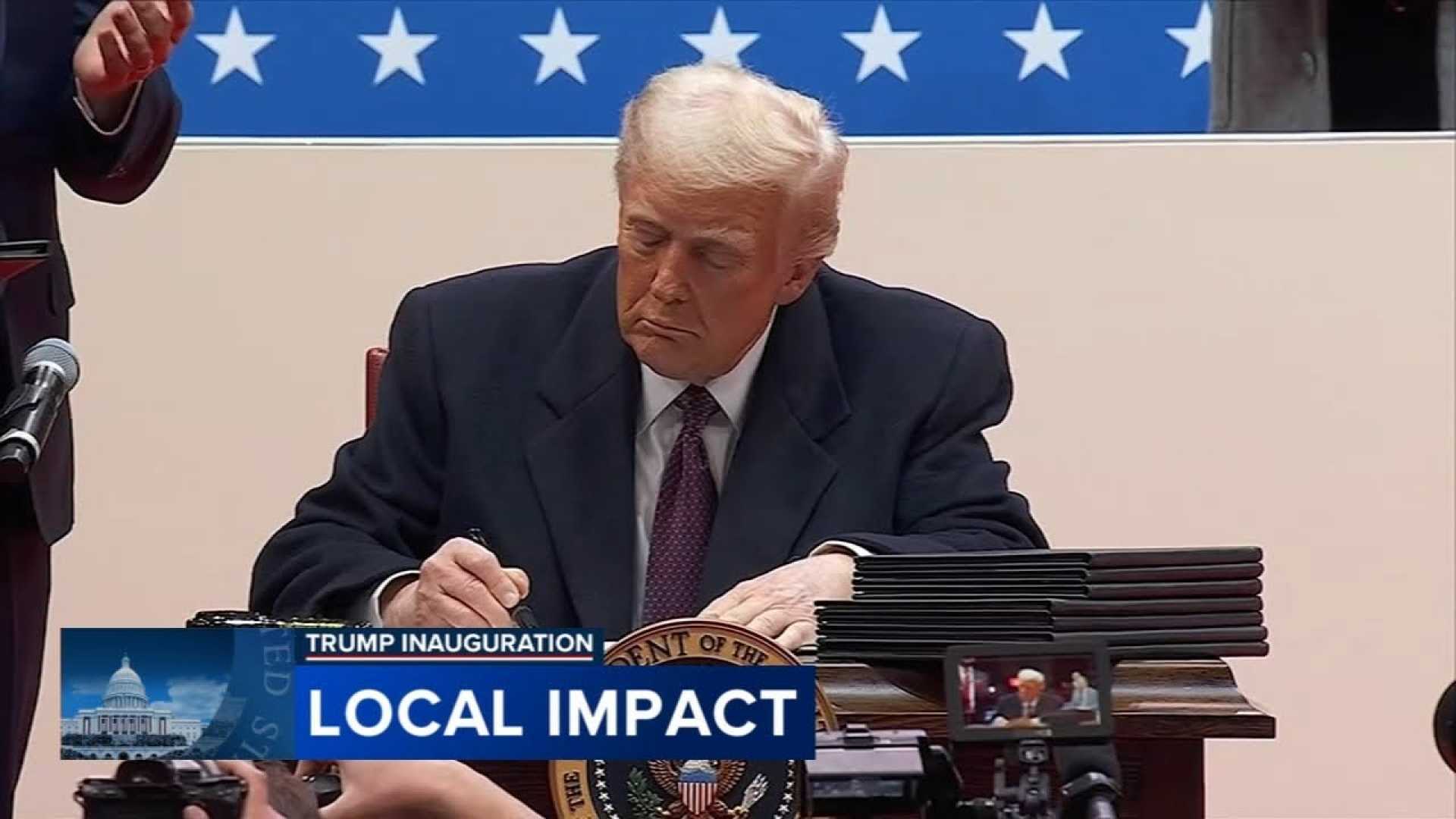News
Immigration Appeals Board Upholds Controversial No-Bond Policy

San Francisco, CA — An immigration appellate board upheld a controversial no-bond policy on Sept. 5, 2025, expanding mandatory detention to thousands of undocumented immigrants already in detention facilities and potentially millions more across the United States. Although the policy is being challenged in federal court, the Board of Immigration Appeals’ decision marks a significant change in immigration court practices.
The ruling is anticipated to impact the immigration courts significantly, where judges historically released individuals on bond if they posed no flight risk or danger. Now, these judges are compelled to follow the board’s new directive. The decision reflects a broader shift in immigration policy under the Trump administration.
According to immigrant rights advocates, this policy aims to deter immigrants by forcing them into prolonged detention, often lasting years, and pressuring them to sign their own deportation orders. “This is an effort to increase the number of people in detention significantly,” stated Niels W. Frenzen, director of the USC Gould School of Law Immigration Clinic, who has represented numerous individuals affected by recent immigration raids.
Among those caught in the new policy is Ana Franco Galdamez, a mother of two U.S. citizens. She was arrested during a raid in Los Angeles County while undergoing treatment for breast cancer. Ultimately, Galdamez missed critical treatment until a lawyer could secure her release through a habeas corpus petition.
The ruling comes as federal judges have previously ruled that denying bond violated federal statutes and due process. Legal challenges are being mounted, aiming to block the no-bond policy in the U.S. District Court for the Central District of California. Other lawsuits are also pending against this and related policies.
The Trump administration rolled out the no-bond policy nationwide in a memo issued in July, coinciding with legislative attempts to tighten immigration enforcement. This memo paves the way for the mandatory detention of immigrants who entered the country without authorization.
The Department of Homeland Security labeled the ruling as a win, asserting that it enhances the ability of Immigration and Customs Enforcement (ICE) to detain undocumented individuals until their removal is executed. Critics argue that the decision strips vital judicial discretion from immigration judges.
A recent ruling from U.S. District Judge Edward Chen also affected 600,000 Venezuelans whose temporary protections were set to expire. While some immigrants are entitled to remain in the country, many others remain subject to the new detention policies.
In a related development, U.S. District Judge Jia Cobb has temporarily blocked an attempt by the Trump administration to expedite deportations of undocumented migrants, indicating that individuals in the U.S. are entitled to due process. This ruling poses significant implications for federal deportation strategies.
“We’ve had clients who have never committed a crime, yet they are now subject to mandatory detention under this new interpretation,” asserted Jordan Wells, an attorney with the Lawyers’ Committee for Civil Rights of the San Francisco Bay Area. “This solidifies the law unless the federal circuit court intervenes.”












